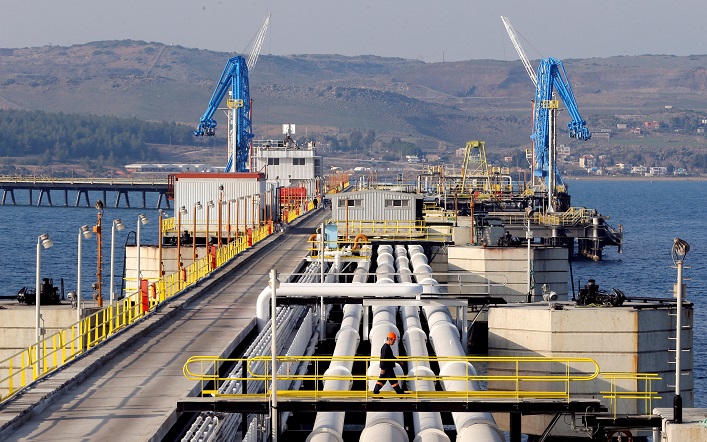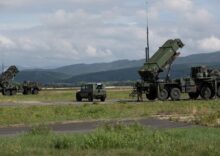Hungary and Slovakia have alternatives to Russian oil and gas, but they are increasing their dependency.


Since Russia began its full-scale invasion of Ukraine, Hungary and Slovakia have sent €5.4B to Moscow for crude oil alone, a sum sufficient to fund 1,800 Iskander-M missiles. Despite sanctions exemptions aimed at reducing their reliance, Budapest and Bratislava show little genuine intention to forsake Russian oil. Hungary’s reliance on Russian oil has risen from 61% before the invasion to 86% in 2024, while Slovakia remains almost fully dependent on Russian supplies.
The countries voice “serious concerns” regarding the EU’s plan to phase out Russian energy, pointing to logistical challenges and increased costs as barriers. However, experts confirm that the EU’s initiative does not jeopardize Hungary and Slovakia’s energy security: They are still able to source non-Russian oil from Croatia through the Adria pipeline, the Hungarian energy company MOL is capable of processing crude oil from various origins, and the Central European market has a sufficient supply of gas sourced from the US and Qatar.







